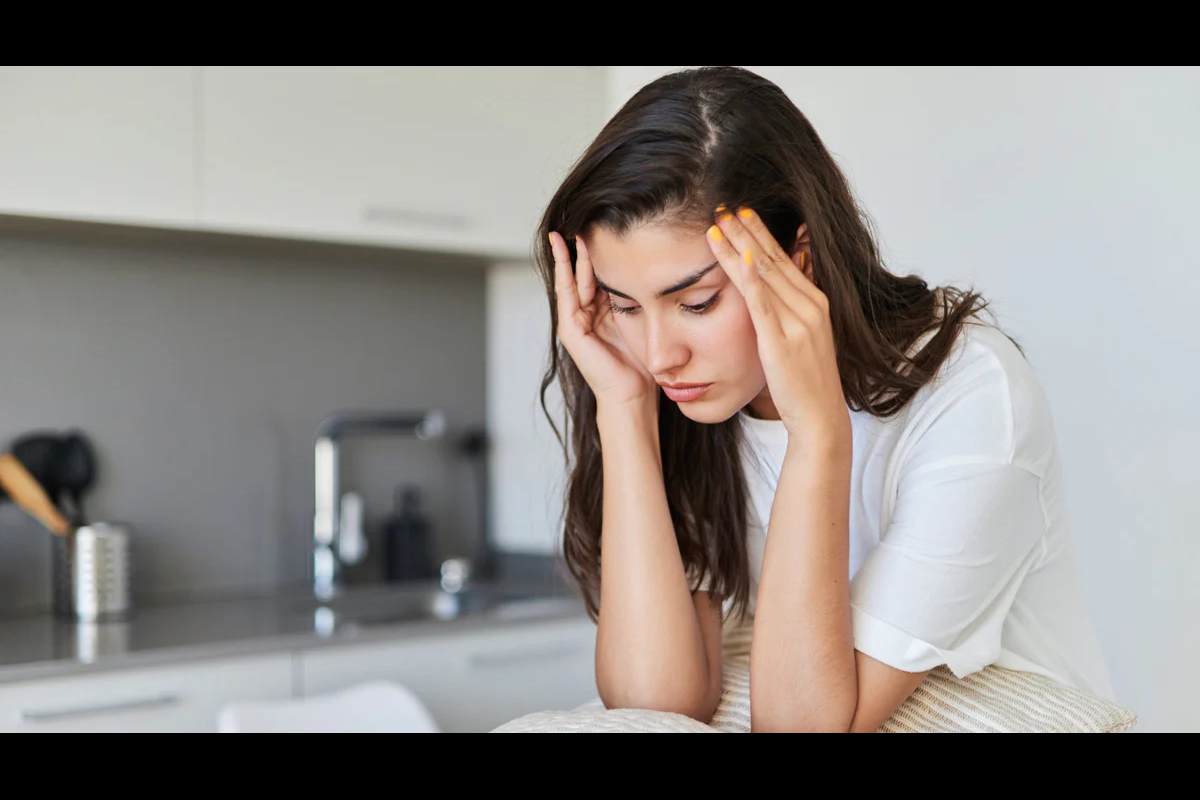Tips for reducing anxiety: First, not all anxiety is harmful to our bodies and mind. A certain level of positive anxiety and slight restlessness helps us escape complicated situations. In other words, it allows us to be alert to possible dangers or attentive to relevant events. It functions as a kind of inner “guardian angel.”
Table of Contents
Techniques to reduce anxiety
Though each of which has a specific treatment, we can add a series of techniques that help improve anxiety states:
While each of which has a particular medicine, we can enhance a series of courses that help recover anxiety states, anxiety.
Physical exercise
- Physical exercise will help us avoid excessive nervous system activation and achieve more restful sleep. If our physical state does not allow us to work out, we can opt for easy rhythms at short intervals.
Modeling (observation)
- We can use modeling by observing other people who do not show anxiety about events that we do show those feared sensations.
- Even talking to people who have successfully overcome anxiety problems and asking them to tell you about techniques that have worked for them will give you hope that you can control it.
Meditation and Mindfulness
- Surely you have already heard of Mindfulness. It is a meditation technique that will help you achieve full attention.
- In a relaxed environment, you make sure that no one will disturb you, focus on your breath, body sensations, a sound, or an object, and practice Mindfulness.
Sleeping and eating habits.
- An unbalanced diet can harm roughly gastrointestinal symptoms related to some states of anxiety, a healthy and balanced diet will benefit us control it.
Distraction methods
- If we routine the right distractions, we can even momentarily interrupt what causes us anxiety: stop thinking, reading, leisure, or walking, among others.
Psychopharmaceuticals
- Your anxiety may take a physical component. If your doctor settles that your ailment is not physical but mental, you can make an appointment with a therapist, and some anxiolytics can help you.
- Medications can be beneficial, but you also need to do your part.
Anxiety can also be negative
- This kind of anxiety causes exaggerated and irrational fear of an event (such as the fear of speaking in public, getting into an elevator, etc.
- In addition to the noticeable psychological reactions, it is accompanied by physical reactions (sweating, palpitations, tremors, gastric discomfort.)
- With the expectation that something catastrophic will happen even though this is very unlikely.
